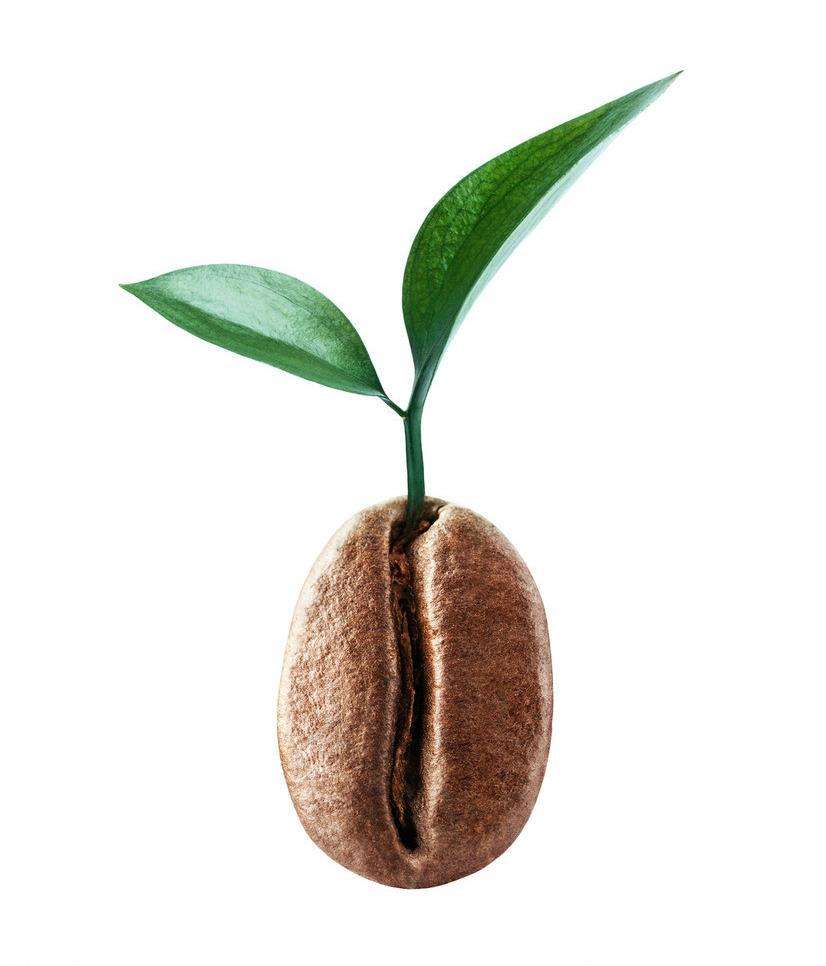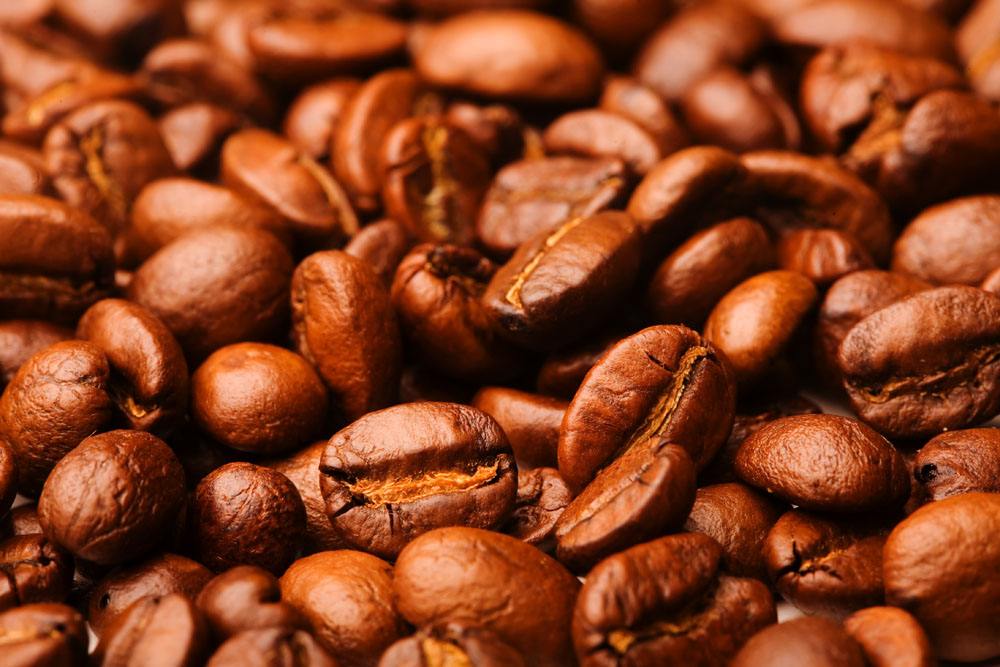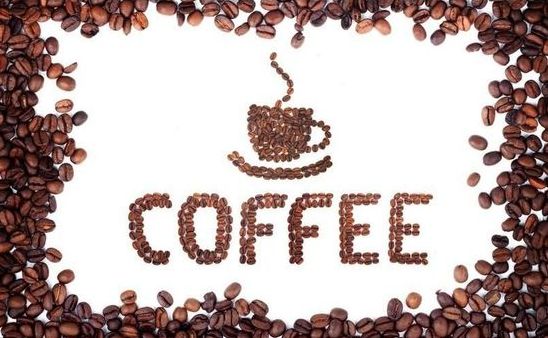Do you like "shit" coffee or "coffee" shit?!

For professional baristas, please follow the coffee workshop (Wechat official account cafe_style)
Today's multiple choice question: do you like "shit" coffee or "coffee" shit?
Coffee has now entered the homes of ordinary people and has become a popular drink after tea. It is inconceivable that some of the best products in coffee are the poop of some animals, which can be called "poop coffee". Some people jokingly say that "poop coffee" is "the invention of poor coffee farmers". These poop coffees mainly include "Kopi Luwak", "Elephant dung Coffee" and "Bird poop Coffee".
Kopi Luwak
In recent years, a magical variety of coffee has emerged in the international coffee market, which is highly sought after by coffee enthusiasts. The price of this kind of coffee is dozens of times that of ordinary coffee, or even 2-3 times that of the famous coffee product, Jamaica Blue Mountain Coffee in North America. This kind of coffee is produced in Lujiang Town, Lujiang Town, Longyang District, Baoshan City, Yunnan Province, China. It is civet coffee, or Kopi Luwak.
The coffee in Miankang Village has become one of the most expensive coffee in the world because it has a unique processing process and is rare in quantity.
Traditional coffee fruits are washed or tanned to remove the peel, pulp and sheep skin, and finally remove the core-that is, coffee beans. The coffee is made by fermenting the intestines and stomach of wild civets.
The civet swallows the coffee fruit and can only digest the skin and pulp. Coffee beans are indigestible and are eventually excreted through feces. After people clean and roast the coffee beans, they get top coffee with a special taste.
Lujiangba, where Lukang Village is located, is located at the eastern foot of Gaoligong Mountain, which is very suitable for the growth of Arabica small coffee. This kind of small-grain coffee tree is planted in a large area on the mountain of 1100 to 1450 meters above sea level in Lujiang. The coffee made from this kind of coffee beans is famous all over the world for its unique excellent quality. it was rated as first-class in the London market at the end of 1950s and won the laudatory name of "Lujiang No.1". It is the coffee with the least caffeine, the least bitter taste and the best aroma in the world.
In fact, the origin of the Kopi Luwak Initiative is not in China, but in Indonesia. The "Nuwak" coffee there used to be the most expensive coffee in the world, and the mysterious recipe for this unique coffee also comes from the droppings of a civet cat, the coconut cat.
The coconut cat is a close relative of the domestic cat, locally known as "Nouak". It is an arboreal omnivore, withdrawn by nature and likes to walk at night. When foraging at night, through its keen sense of smell, it only chooses the most mature, sweet, full and juicy coffee fruit in the coffee tree to eat. The coffee fruit passes through its digestive system, which not only destroys the bitter protein, which greatly reduces the bitterness, but also increases the round taste and increases the ratio of malic acid, citric acid, cellulose sugar and pyroglutamic acid in the coffee.
Coupled with the careful baking of the barista, it finally gained an amazing charm, and its price also went up. In April 2008, the coffee was sold in a department store in London, England, for £50 a cup. In the international market, Nouak coffee has always been a veritable luxury. It ranks first in the world with an initial annual output of only 500 pounds and US $800 per pound.
Indonesian coffee has the taste of earth and traditional Chinese medicine, and its consistency is higher than that of coffee from all continents. But "Kopi Luwak" has a heavier earthy smell and a consistency closer to syrup, which has a special flavor.
The history of the Kopi Luwak can be traced back to the time when the Dutch ruled Indonesia hundreds of years ago. At that time, because of the coffee planting ban of the colonists, the local natives could only find undigested coffee beans in the droppings of forest animals, washed, roasted and drunk, which was called "Kopi Luwak". It was also a tribute from Indonesia to the Dutch royal family.
The correct test method of cat shit coffee circulated by netizens
Haha ~
Elephant dung coffee
Today, "poop coffee" has added a new member-Thailand's "elephant dung coffee", which is also a new favorite of the coffee family. After all, elephants have much more poop than civets.
As early as 2008, Sri Lanka fed coffee beans to elephants, hoping to produce "elephant shit coffee", but without success. Han Huaizong, a famous Taiwanese scholar and coffee expert, said that this may be because Sri Lankan elephants have excellent gastrointestinal digestion and completely digested the coffee beans they have swallowed.
Elephant dung coffee produced in Thailand
But Thailand's "Elephant dung Coffee" finally became a positive fruit, with a unique taste and a lubricated taste. For coffee lovers of different flavors, it is just to the taste.
From September to October 2012, the Anatara Hotel of Thailand Mino Hotel Group launched the high-end coffee at several luxury hotels in northern Thailand, Maldives and Abu Dhabi at a price of $25,50 per cup. By August 2013, Elephant dung Coffee beat Indonesia's civet coffee to become the most expensive coffee in the world, selling for $1100 per kilogram.
The entire production process of Elephant dung Coffee was done at the Asian Elephant Base of the Anattara Hotel in the Golden Triangle in northern Thailand, where 30 elephants live. The raw material is Thai Arabica coffee beans collected at an altitude of 1500 meters.
Why is the price of "elephant dung coffee" so high? It turns out that elephants usually do not like to eat coffee fruits, only in the dry season will go to them. Therefore, elephant breeders can only feed coffee fruit as a "snack" for elephants, not as a staple food. At the same time, to avoid excessive caffeine intake by elephants, Arabica coffee fruits with less caffeine are chosen; because the coffee fruit is covered with pods, even if the elephant eats it, it does not release caffeine. For every 33 kilograms of coffee fruit, elephants can only produce 1000 grams of coffee, far less than people used to think. Therefore, "elephant dung coffee" is very precious.
Bird dung coffee
At a time when fermented coffee beans in animals are in the ascendant, Brazil, the world's largest coffee producer, will certainly not let Indonesia's civet coffee be unique. In 2006, some manors in Brazil launched the locally produced "bird dung coffee", and the best leading role was the meat-hanging Phoenix-crowned pheasant.
Camocim Farm, located in PedraAzul, EspiritoSanto, Brazil, is famous for its Phoenix-crowned nestling poop coffee (SouthAmericanbirdcalledtheJacu). This kind of bird lives in shade-grown coffee forests and is picky about ripe coffee fruits, which is the natural selection processing method to produce high-quality coffee.
Farmer HenriqueSloper does not regard the birds that eat ripe coffee fruit as harmful birds, but regards them as a natural supplement to the farm's flora and fauna, so Camocim Farm welcomes these birds (JacuBird) as a member of the farm's agro-ecosystem, and regards them as the most effective coffee fruit picking "workers". Once the birds eat the ripe coffee fruit and defecate under the coffee tree. Farm workers collect the odorless bird droppings, send them to a special dry place to dry, clean them to Parchment beans, and then store them, which takes about three months.
The fleshy crested pheasant is a species of pheasant endemic to South America, with a greenish-brown body, named for a bunch of orange feathers that look like fleshy under the neck. Since the beginning of the cultivation of coffee in the 18th century, the fleshy crested pheasant has been integrated into the ecological environment of the Brazilian coffee garden. For more than 200 years, they have tasted red fruit in the garden and excreted feces under the coffee trees, which are taken from the orchard and returned to the orchard. Therefore, it is not regarded as a harmful bird by coffee farmers.
As a vegetarian, the meat-hanging Phoenix-crowned pheasant only eats fruits and vegetables, so the bacteria and digestive juices in its digestive tract are very different from those of omnivorous civets. Its digestive ability is weak and coffee pods cannot be digested. The pods are excreted together with the wrapped beans. Compared with civet coffee with digested pods, the beans of "bird dung coffee" are better protected and are much less likely to be infected with miscellaneous flavor.
Bird shit coffee
Bird droppings Coffee (JacuBirdcoffee) is sweet and full-bodied, with a pleasant and soft taste, a hint of sweet and dry nuts, long syrup, wet aroma of black bread and a hint of black pepper. Slightly sour than the traditional Brazilian coffee produced by Camocim Farm. Without a doubt, this is the rarest coffee in the world.
In addition, Indonesian civets eat mostly robusta beans, while fleshy Phoenix-crowned pheasants mostly eat Bobang organic coffee beans. Some experts have compared the advantages and disadvantages of "Kopi Luwak" and "bird dung coffee": the former is earthy and far away from the boutique coffee, while the latter is elegant and close to the boutique. The biggest reason is that civets eat mostly Indonesian sturdy beans and meat-crested pheasants eat Brazilian Bobang organic coffee beans.
Coffee with "shit smell", do you like it?
Important Notice :
前街咖啡 FrontStreet Coffee has moved to new addredd:
FrontStreet Coffee Address: 315,Donghua East Road,GuangZhou
Tel:020 38364473
- Prev

Kilimanjaro coffee, Kilimanjaro coffee significance, how about
Follow the comments (Weixin Official Accounts vdailycom ) and discover that a beautiful cafe opens its own shop, Kilimanjaro Coffee, which is produced on Mount Kilimanjaro, Africa's highest mountain in northeast Tanzania. Its coffee quality is excellent, aroma rich, sour prominent, suitable for the deployment of comprehensive coffee. Beg for strength
- Next

Yemeni Coffee, brief introduction of Yemeni Coffee
Following Cafe (official Wechat account vdailycom) found that Beautiful Cafe opened a small shop of its own Kilimanjaro Coffee (Kilikmanjaro Coffee), which is grown in Mount Kilimanjaro, Africa's highest mountain in northeastern Tanzania. Its coffee is of good quality, rich aroma and outstanding sour taste, so it is suitable for the preparation of comprehensive coffee. Begging for strength
Related
- Detailed explanation of Jadeite planting Land in Panamanian Jadeite Manor introduction to the grading system of Jadeite competitive bidding, Red bid, Green bid and Rose Summer
- Story of Coffee planting in Brenka region of Costa Rica Stonehenge Manor anaerobic heavy honey treatment of flavor mouth
- What's on the barrel of Blue Mountain Coffee beans?
- Can American coffee also pull flowers? How to use hot American style to pull out a good-looking pattern?
- Can you make a cold extract with coffee beans? What is the right proportion for cold-extracted coffee formula?
- Indonesian PWN Gold Mandrine Coffee Origin Features Flavor How to Chong? Mandolin coffee is American.
- A brief introduction to the flavor characteristics of Brazilian yellow bourbon coffee beans
- What is the effect of different water quality on the flavor of cold-extracted coffee? What kind of water is best for brewing coffee?
- Why do you think of Rose Summer whenever you mention Panamanian coffee?
- Introduction to the characteristics of authentic blue mountain coffee bean producing areas? What is the CIB Coffee Authority in Jamaica?

